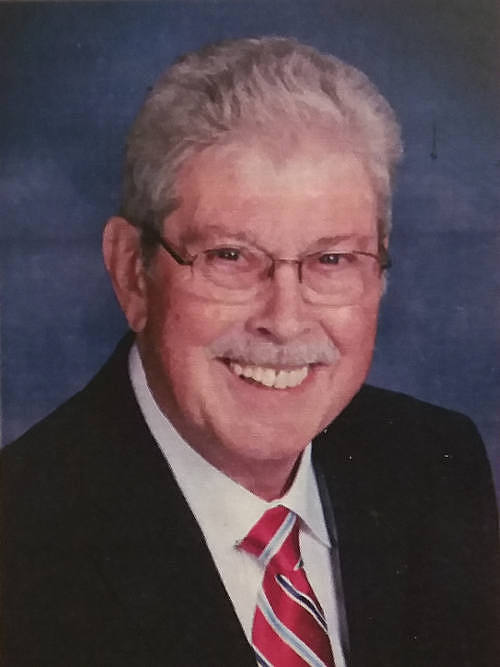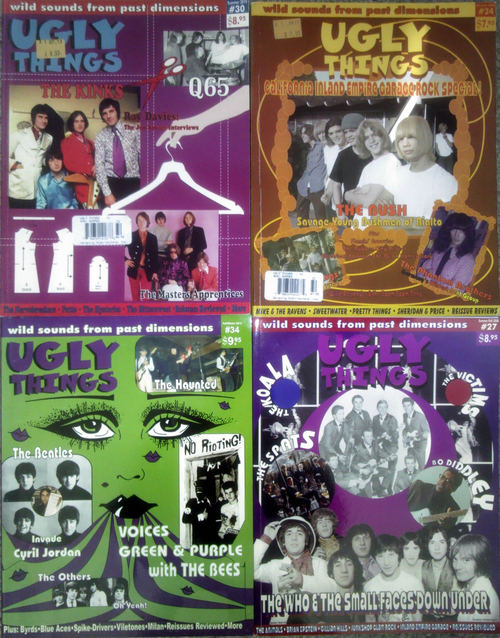
My dad passed away last month, and rather than list facts here—that he was born in Kentucky to a German sharecropper and his wife, that he grew to be a successful man with a wife and six children, etc—I mention his love of music. I am grateful to my dad for many things, but I am most grateful for the love of music that he passed along to me.
In the earliest days of our family, Dad had an electric guitar and amplifier, and he enjoyed playing for fun. We watched Johnny Rivers on television and listened to Duane Eddy records on the stereo, and Dad thought Chuck Berry was the greatest. When I was six, he taught me to play “Secret Agent Man,” “What I Say,” and the Bonanza theme song on guitar, and I played those songs over and over. He sold that guitar one day and never played again, but he bought one for me soon after, and I’ve been playing ever since.
I recall the times Dad drove me and my musical equipment around to practices. I remember him taking a vacation day to watch my band play in a school talent show. I hear him singing as he walked through the house, and when I’m enjoying a tune, I tap my foot like he always did. I think of my dad every day, especially when I play guitar. Life’s better with music. Dad taught me that.





